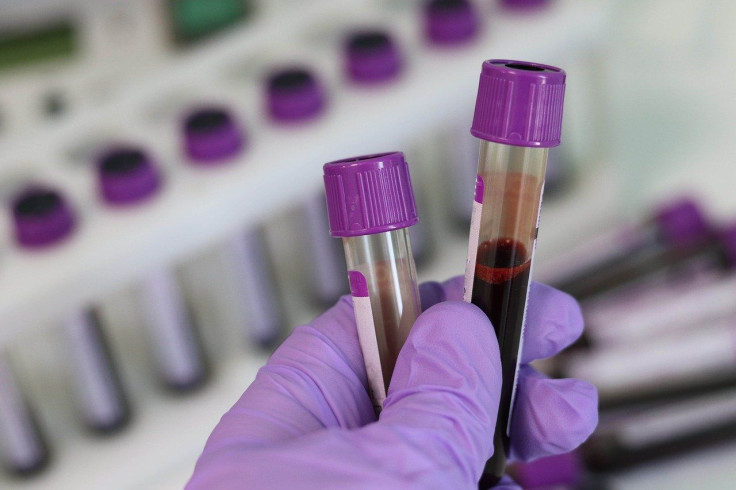Rapid Blood Tests For Concussions May Be Available Soon

Both Abbott and Canada-based Neurolytixs have developed blood tests to detect TBIs, with Abbott’s device receiving FDA approval.
TBIs are typically caused by being struck, jolted, or banged around the head, which can be caused by falls or accidents while on a moving vehicle or during a sports game, among other activities. Concussions are one of the most common types of TBIs. However, most TBIs, especially concussions with more minor symptoms, are never reported, or those injured never go to the hospital.
When patients go to the hospital, “research shows that we only catch about half of those who show up to the hospital with a suspected TBI,” Geoffrey Manley, vice-chair of neurological surgery at the University of California, San Francisco, said in a press release.
Blood tests for TBIs could increase the number of incidents that are caught and verified and help more people get the treatment they require, whether that be a cat scan, MRI, or just rest.
Abbott’s test “measures specific proteins present in the blood” after a TBI, which is taken from the arm and then uses a centrifuge to extract the plasma, which is then analyzed with a handheld device. The idea is to eventually develop a 15 minute completely portable kit for use outside healthcare settings to decide whether someone is concussed.
Neurolytix takes a couple of drops of blood from a fingertip and then at a lab that sample can be compared to baseline blood samples from the same person. Biomarkers in the blood, which change after an individual suffers brain trauma, are analyzed with results in 20 mins. According to the Toronto Star, preliminary research shows the method is 96% accurate.
According to Abbott, about 5 million people in the U.S. go to the hospital for a TBI each year.
Manley pointed out that many more people never go into the hospital at all after a TBI.
“A test like this could encourage more people to get tested after a head trauma, which is important because not receiving a diagnosis can be dangerous and may prevent people from taking the necessary steps to recover safely,” Manley added.






